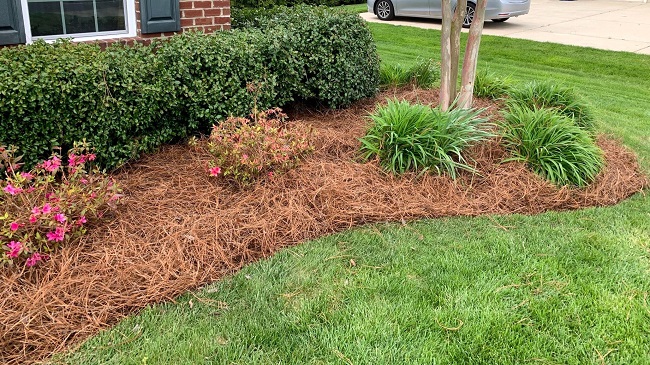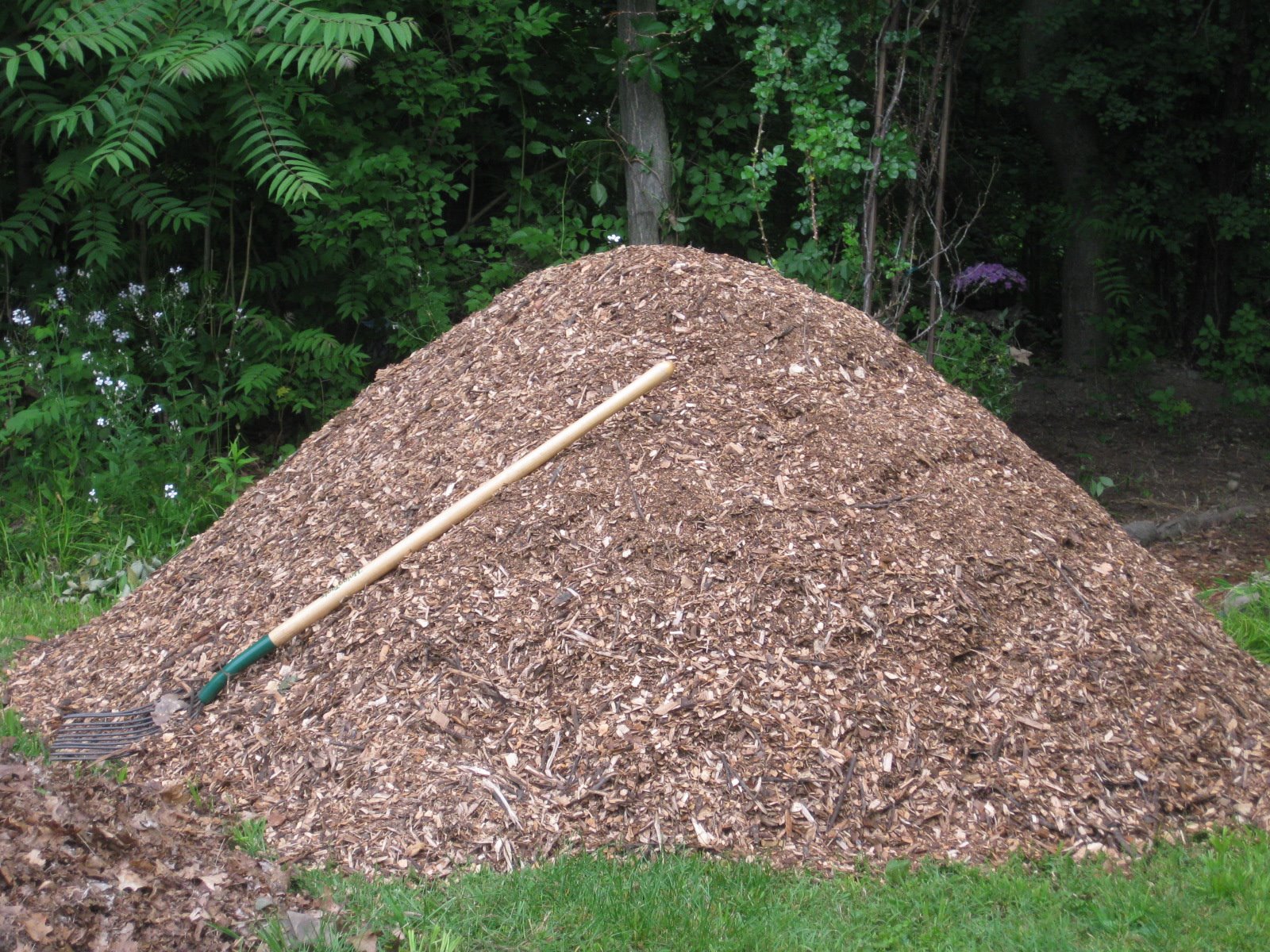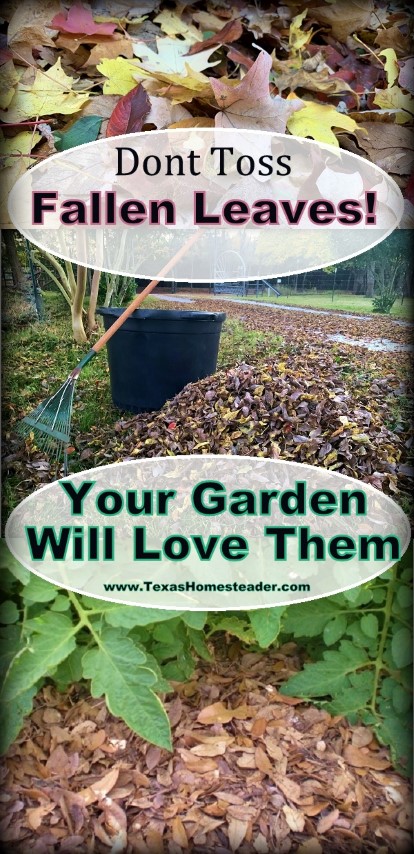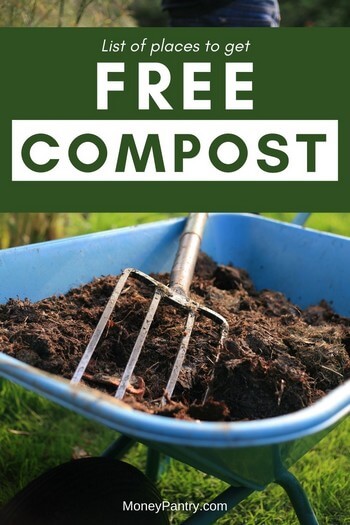The Mulch That Will Transform Your Garden
Mulch is a great way to improve the health and appearance of your garden. It can help to retain moisture, suppress weeds, and protect your plants from pests and diseases. There are many different types of mulch available, so you can choose the one that is right for your garden.
In this blog post, we will discuss the benefits of mulch and the different types of mulch that you can use. We will also provide tips on how to apply mulch correctly.
Benefits of Mulch
Mulch has many benefits for your garden. Here are a few of the most important:
- Retains moisture: Mulch helps to keep the soil moist by preventing evaporation. This is especially important during hot, dry weather.
- Suppresses weeds: Mulch creates a barrier that prevents weeds from germinating. This can save you time and money on weeding.
- Protects plants from pests and diseases: Mulch can help to protect your plants from pests and diseases by providing a barrier between them and the soil.
- Improves soil structure: Mulch can help to improve the structure of your soil by adding organic matter. This makes the soil more airy and loamy, which can improve drainage and root growth.
- Attracts beneficial insects: Mulch can attract beneficial insects, such as ladybugs and spiders, which can help to control pests.
- Improves the appearance of your garden: Mulch can help to improve the appearance of your garden by creating a neat and tidy look. It can also help to highlight your plants and flowers.
Types of Mulch
There are many different types of mulch available, each with its own unique benefits. Some of the most common types of mulch include:
- Wood chips: Wood chips are a versatile type of mulch that can be used in a variety of settings. They are effective at suppressing weeds and retaining moisture.
- Pine needles: Pine needles are a soft, acidic mulch that is ideal for acid-loving plants, such as rhododendrons and blueberries. They are also effective at suppressing weeds.
- Shredded bark: Shredded bark is a natural and attractive mulch that is made from shredded tree bark. It is effective at suppressing weeds and retaining moisture.
- Compost: Compost is a nutrient-rich mulch that is made from organic materials, such as leaves, grass clippings, and food scraps. It is an excellent choice for improving the soil quality of your garden.
- Rock mulch: Rock mulch is a durable and long-lasting mulch that is made from stones or pebbles. It is not as effective at suppressing weeds as other types of mulch, but it can help to improve the drainage of your soil.
How to Apply Mulch
The best time to apply mulch is in the spring or fall, when the weather is cool and moist. To apply mulch, simply spread it evenly over the soil around your plants. The depth of the mulch should be about 2-3 inches.
Be sure to keep the mulch away from the stems of your plants, as this can cause them to rot. You may also want to avoid using mulch around plants that are prone to attracting slugs or snails.
Conclusion
Mulch is a great way to improve the health and appearance of your garden. It is easy to apply and has many benefits, including retaining moisture, suppressing weeds, and protecting your plants from pests and diseases.
If you are looking for a way to improve your garden, mulch is a great option. There are many different types of mulch available, so you can choose the one that is right for your plants and your budget.
Mulch is a great way to improve the health and appearance of your plants. It helps to retain moisture, suppress weeds, and protect the soil from erosion. If you're interested in learning more about mulch, visit our website at Home Gardening. We have a wealth of information on different types of mulch, how to apply it, and the benefits it can offer your plants.
FAQ of the mulch
- What is mulch?
Mulch is a layer of organic material, such as wood chips, bark, or leaves, that is spread around plants to improve their health and appearance. It helps to suppress weeds, retain moisture, and regulate soil temperature.
- What are the benefits of using mulch?
Mulch has many benefits for plants, including:
- Suppressing weeds: Mulch creates a physical barrier that prevents weed seeds from germinating.
- Retaining moisture: Mulch helps to slow down evaporation, which means that plants need to be watered less often.
- Regulating soil temperature: Mulch helps to insulate the soil, which can protect plants from both heat and cold.
- Attracting beneficial insects: Mulch can attract beneficial insects, such as earthworms and ladybugs, which can help to control pests.
- Improving soil quality: Mulch breaks down over time and adds organic matter to the soil, which can improve drainage, aeration, and fertility.
- What type of mulch should I use?
The best type of mulch for your plants will depend on the climate, the type of plants you are growing, and your personal preferences. Some common types of mulch include:
- Wood chips: Wood chips are a versatile mulch that can be used in a variety of settings. They are relatively inexpensive and easy to find.
- Bark: Bark is another popular mulch that is available in a variety of colors and textures. It is more expensive than wood chips, but it can last longer.
- Pine needles: Pine needles are a good choice for acid-loving plants, such as rhododendrons and azaleas. They are also relatively inexpensive and easy to find.
- Shredded leaves: Shredded leaves are a free and easy way to mulch your plants. They are best used in the fall or spring, when leaves are abundant.
- How thick should I spread mulch?
The thickness of the mulch layer will depend on the type of mulch you are using and the climate. In general, a layer of 2-4 inches is sufficient.
- How often should I reapply mulch?
You will need to reapply mulch as it breaks down and decomposes. The frequency of reapplication will depend on the type of mulch you are using and the climate. In general, you should reapply mulch every 1-2 years.
- What should I do with old mulch?
Old mulch can be composted or reused in other areas of your garden. It is important to avoid putting old mulch in your compost pile if it contains any diseased plant material.
Image of the mulch
- Wood chips: A popular type of mulch made from shredded wood. It is available in a variety of colors and textures, and it can help to improve drainage and aeration in the soil.
- Pine needles: A natural mulch that is soft and fluffy. It helps to retain moisture in the soil and it can suppress weed growth.

- Shredded bark: A type of mulch made from shredded bark of trees such as pine, oak, or cedar. It is available in a variety of colors and textures, and it can help to improve drainage and aeration in the soil.

- Chopped leaves: A natural mulch that is free and easy to find. It helps to retain moisture in the soil and it can suppress weed growth.

- Compost: A type of mulch made from decomposed organic matter. It is rich in nutrients and it can help to improve the fertility of the soil.

- Peat moss: A type of mulch made from partially decomposed sphagnum moss. It is lightweight and it helps to retain moisture in the soil.

- Straw: A natural mulch that is made from dried stalks of wheat, oats, or barley. It is lightweight and it helps to suppress weed growth.

- Paper mulch: A type of mulch made from recycled paper. It is biodegradable and it helps to suppress weed growth.
- Rocks: A type of mulch that is made from small stones or pebbles. It helps to retain moisture in the soil and it can suppress weed growth.
Post a Comment for "The Mulch That Will Transform Your Garden"